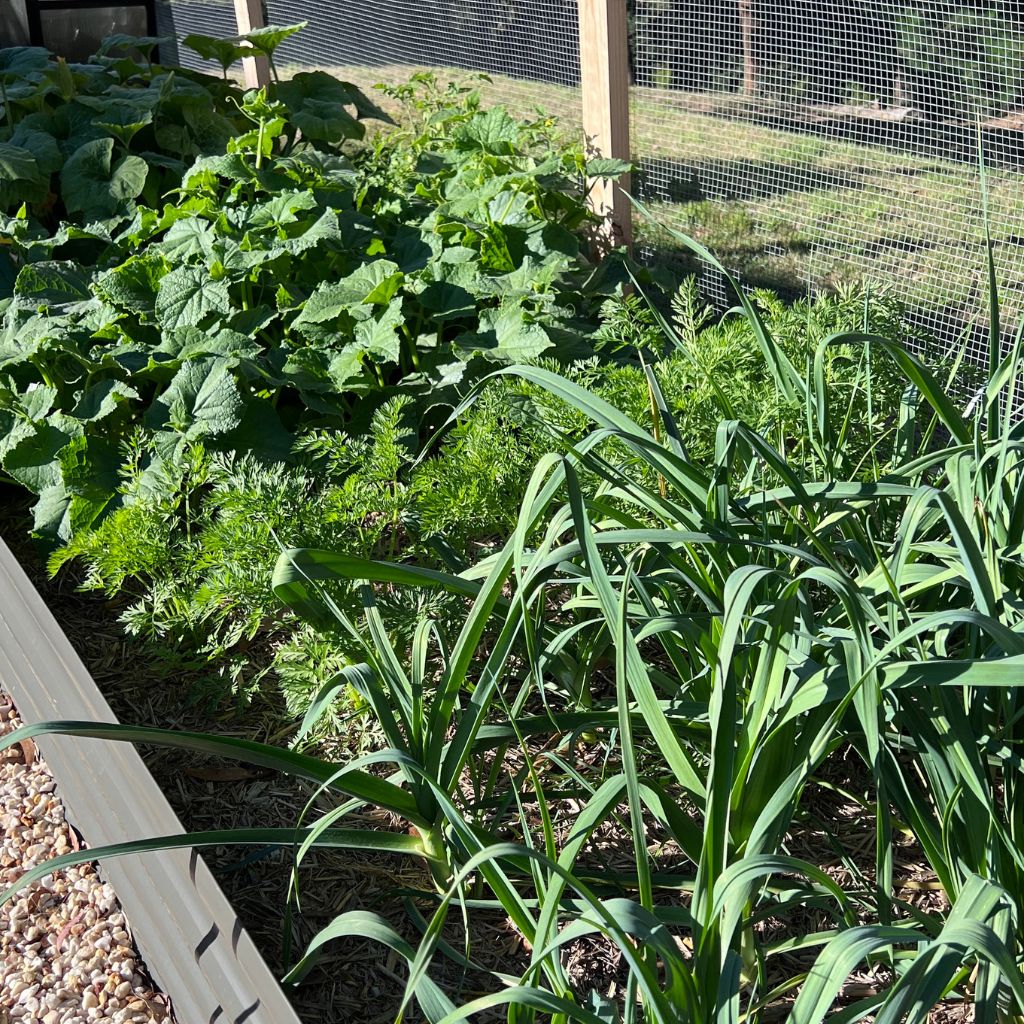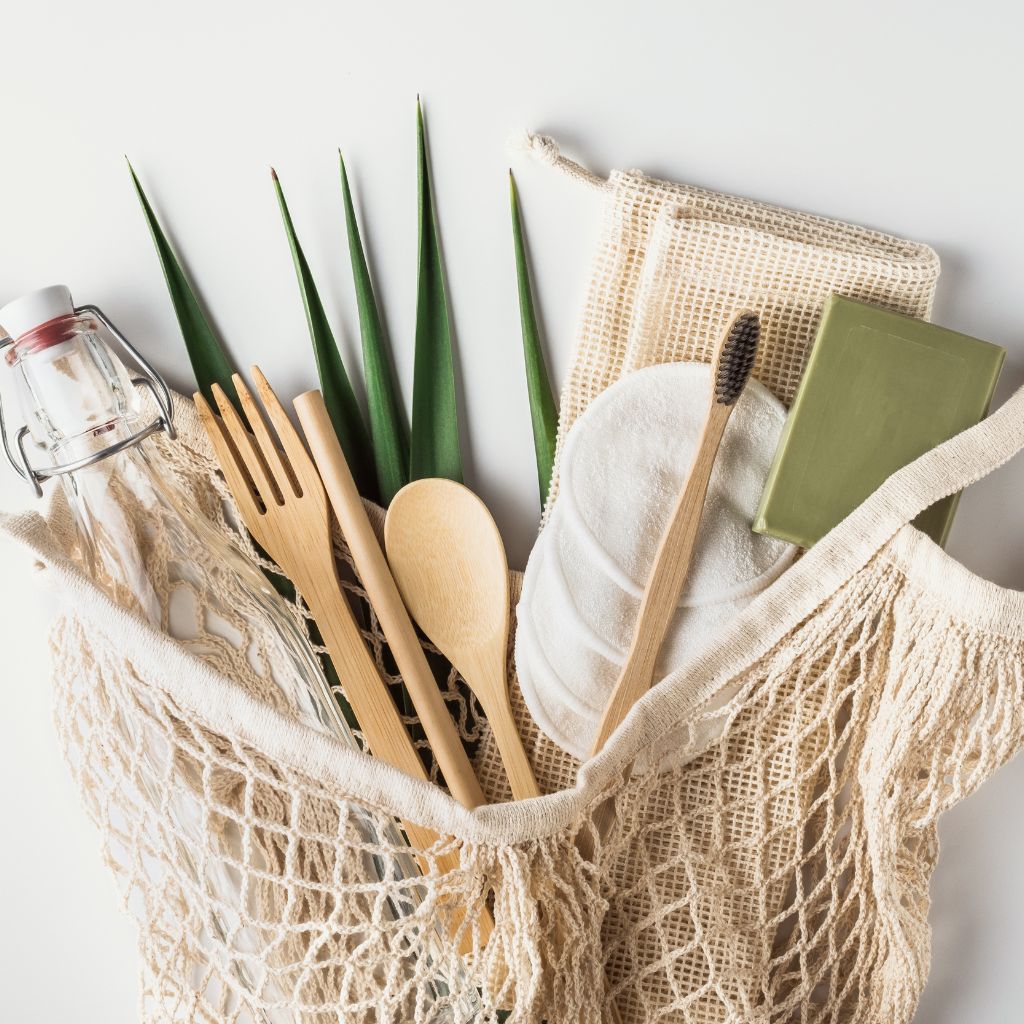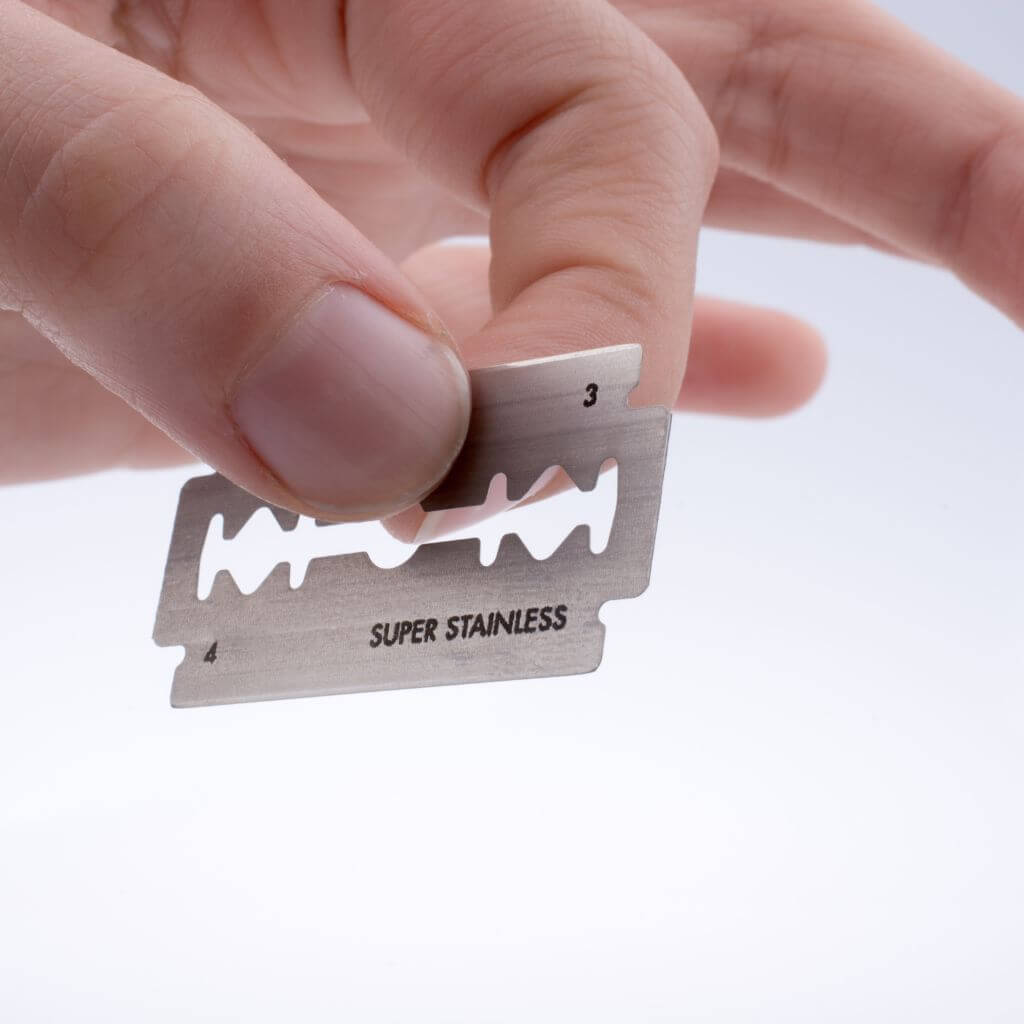
It’s not necessary to spend a lot of money to be environmentally mindful. There are several easy yet effective strategies to start living a more sustainable and “green” life. But what does it mean to "go green"?
The What and Why
The general concept of “going green” is to make decisions on reduction, reuse, and recycling of everyday things that are environmentally responsible.
The planet needs our help, and it starts with being kinder to the environment. As the world changes and humans continue to pollute and waste, it's more important than ever to work towards sustainable living practices. Change needs to be implemented by all of us to some degree and working together will ensure we make an overall greater impact.
Practicing (almost) zero waste is one way to do this, cutting down on the waste we create in our homes each day. All it takes is a bit of creativity and these tips will help make your journey towards sustainability easier and more affordable.
Adopt simple habits
When it comes to being sustainable, simple things can have big impacts.
Be waste free; Refuse, reduce reuse, rot, and recycle. Reusing items helps save resources and reduce trash in landfill. If you need to throw something away, try to find an alternative use for it first, or offer it for free on your local Facebook groups. One person’s trash is another person’s treasure! Avoid landfill if possible.
Go second hand
Buying second hand items can help reduce the amount of waste we produce. Buying less is better for your wallet and the environment. When you buy something used, the manufacturing and distribution impact on nature has mostly already occurred. If there is less demand for new, there will be less manufacturing. Furthermore, when shopping remember to choose clothing and shoes made of natural fibres as they biodegrade over time.
Start composting
Composting and rotting of food waste in your garden or worm farm is the perfect way to be more environmentally conscious, zero waste and save money. It will also result in less food ending up in landfill where it can take up to 500 years to decompose. Food in landfills degrade in such a way that greenhouse gases, such as methane, are released, affecting air quality and public health. When we squander food, we also waste the resources that were utilised to grow it (water, soil)
The good news is that composting can be done on a small scale if you’re tight for space. There are many fabulous ideas online; search “Apartment Composting” on Google.
Buy in bulk
Purchasing food in bulk can save you money and reduce waste. Buy items in bulk that have a long shelf life such as tins or jars to eliminate the need to consume petrol by going shopping on a regular basis. Keep an eye on food that can be frozen too. It’s surprising how many of your everyday products can be frozen such as butter, milk, sliced or grated cheese and bakery items. The list is large, so buy in bulk where possible and save yourself both time and money. If you have a local refill shop, this helps greatly with waste reduction.
Only buy what you need when you need it
A few years ago, water bottle options were limited to only single use plastic bottles. Now, you can buy everything from double-walled flasks to steel and ceramic options with spouts, screw tops or straws. The everyday reusable market has evolved greatly offering produce bags to tote bags and make-up brushes made from bamboo. Reassess what you require and what you can do without to live a more waste-free lifestyle. Remember less sales equals less need for manufacturing.
Buy reusable items
When an item is reused, it saves resources from being wasted such as energy, labour, and materials on making new. If you were to reuse glass bottles, or switch to cloth nappies and reusable silicone freezer bags for example, you could decrease the volume of non-biodegradable items that end up in landfills, and globally we could reduce the emissions that are output from those factories that produce them. Other fabulous reusable examples are handkerchiefs, cotton face rounds, steel water bottles, candle jars and refillable deodorant
Conclusion
It is crucial to live sustainably. Going green has numerous benefit and this may seem extreme to say, but if as a society we don't change our behaviours dramatically, we will be in real danger. The resources we currently take for granted, including fresh food, clean air, and safe drinking water will be under threat, sooner than we think. The cost of green waste disposal in Australia is a concern for some, but the discarding options available to us are increasing as awareness of the problem grows. Keep an eye on your local council website for details, or even call them with suggestions on how to improve their collection.
By working towards a more sustainable future, we can greatly lessen the negative effects that humans have on the environment. Why not consider making a little alteration to your routine and, if feasible, increasing the changes gradually to fit in with your lifestyle? The cumulative effect of all these seemingly tiny adjustments will be substantial. You won't look back.






